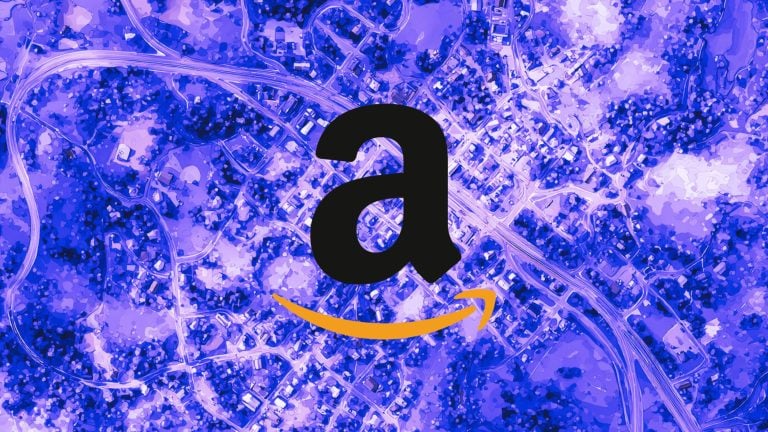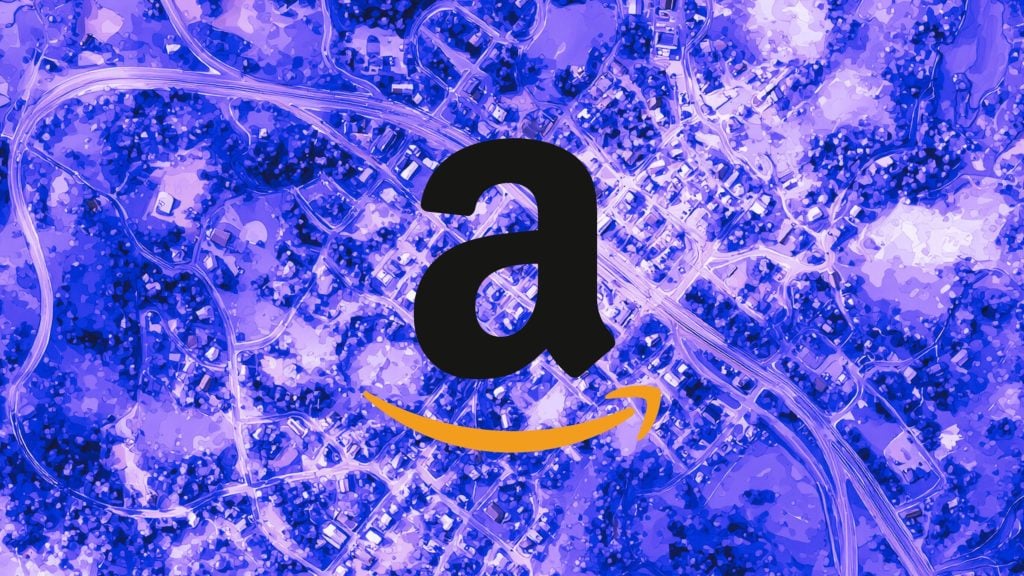Google is preparing to implement a wide-reaching identity verification system for Android app developers, one that could significantly alter how apps are installed and shared across the platform.
This new policy will apply not only to those who publish apps through the Play Store but also to developers distributing their software independently, expanding Google’s role as a gatekeeper over what apps are allowed on Android, even when they aren’t downloaded through Google’s app store.
Without passing Google’s verification process, apps will be blocked from running on the vast majority of Android devices.
Android was once known for its hands-off approach, especially when compared to Apple’s tightly managed ecosystem. That distinction is now fading.
Google says the new system is designed to address security concerns, citing internal data that apps obtained outside the Play Store are 50 times more likely to include malicious software. But this goes far beyond policing its own storefront. Instead, it lays the groundwork for universal control over app distribution from other sources.
MORE: Google Expands Age Verification to Search
Developers will be required to submit their identity information, register their app’s package names, and upload signing keys through a revamped Android Developer Console.
Oddly, Google says it will not review the apps themselves, but the identity requirement will serve as a gateway that blocks installation on certified devices unless it is satisfied. This contrasts with Google’s statement that this is all about security. If security is the main concern, then one would expect Google to actually review the app and its safety, rather than simply demanding a developer ID.
Nearly all Android phones outside China rely on Google’s services, meaning this policy will reach almost every user.
Phones running customized versions of Android that lack Google services will not be affected. However, those devices make up only a small portion of the global Android landscape. For nearly everyone else, unverified apps will simply not work.
This move expands on a policy introduced in 2023, when Google began requiring developer verification for apps on the Play Store.
The company says that the effort led to a sharp decline in scams and malware. It argues that forcing developers outside the Play Store to verify themselves will make Android more secure overall by limiting the ability of anonymous actors to spread harmful software.
Even so, this approach could shrink the space for independent app development. Android users and developers have long relied on the ability to sideload apps or use third-party marketplaces without corporate oversight. Now, even those channels may depend on Google’s approval before users can install anything.
Rollout will happen in phases. Google plans to open early access to the new system in October 2025. Developers worldwide will gain access by March 2026.
The policy will go into effect first in Brazil, Indonesia, Singapore, and Thailand in September 2026.
A global expansion is expected in 2027, although key details about implementation remain unclear. Google has not explained how devices will determine whether an app is verified or what users will see when attempting to install non-compliant apps. These controls are likely to be integrated into Google Play Services.
The announcement comes at a critical moment. Google is already under legal pressure following its loss in a major antitrust case brought by Epic Games. That case requires the company to allow alternative app stores and enable developers to rehost Play Store content.
While that ruling may open new distribution options, Google’s upcoming verification policy could make them far less useful in practice.










